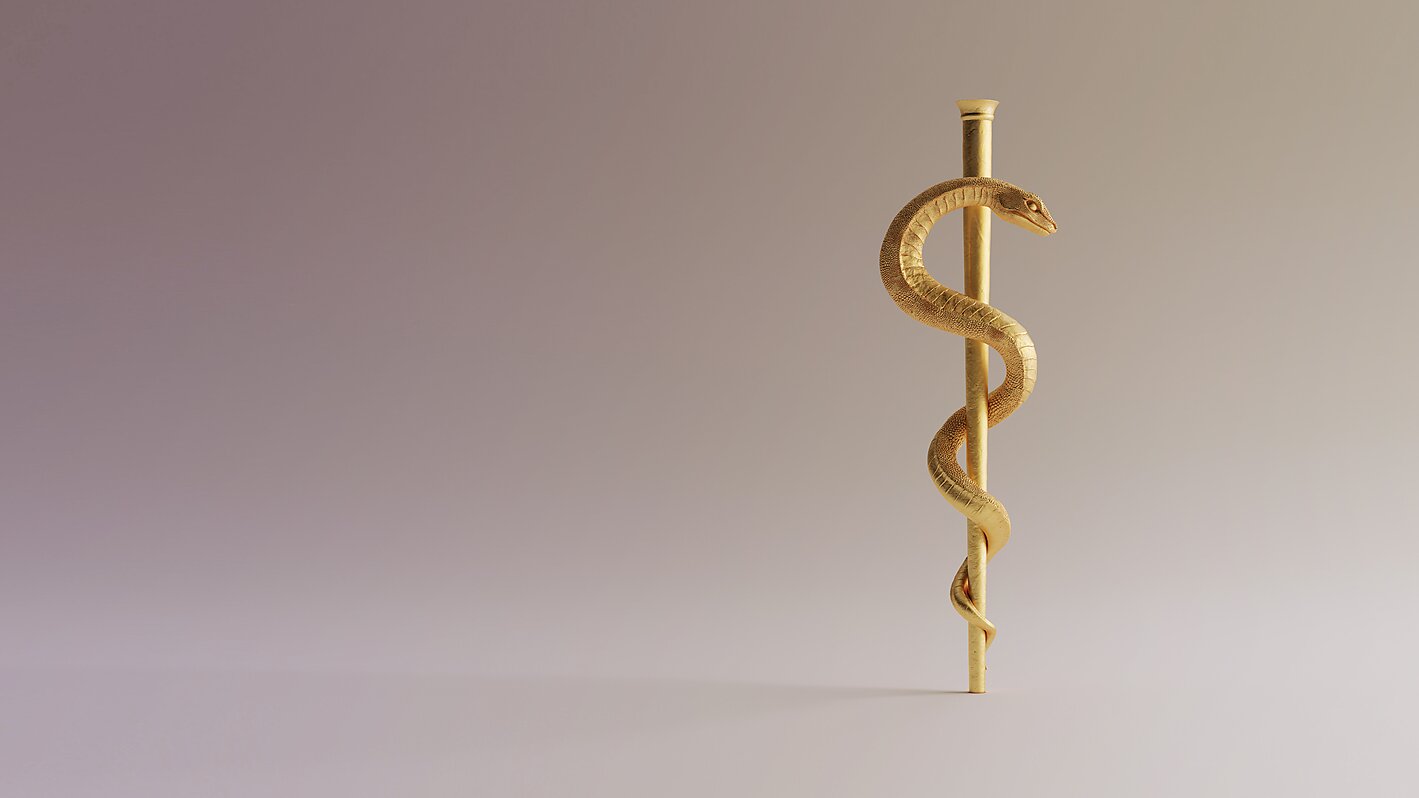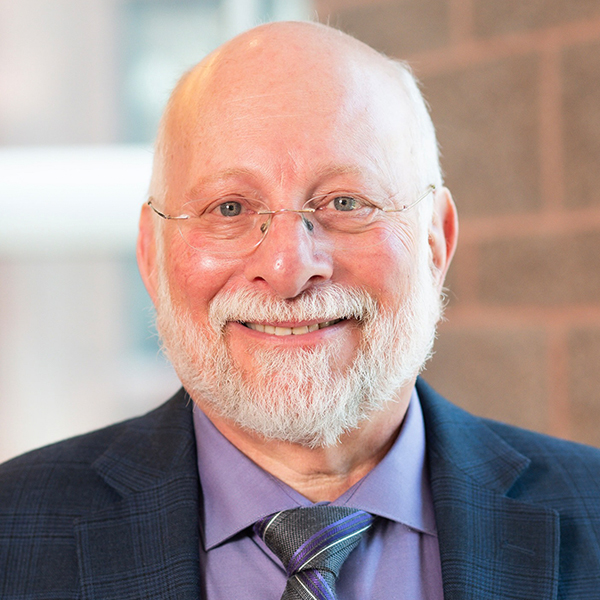[UNMUTE FOR NARRATION BY CALEB O. BROWN]
A Hippocratic Oath for a Free Society
As modern medical schools allow faculty and students to compose new Hippocratic oaths that depart from issues of traditional patient care, here is how to craft a modern oath to address the most central health care issue: respecting patients’ rights and autonomy.

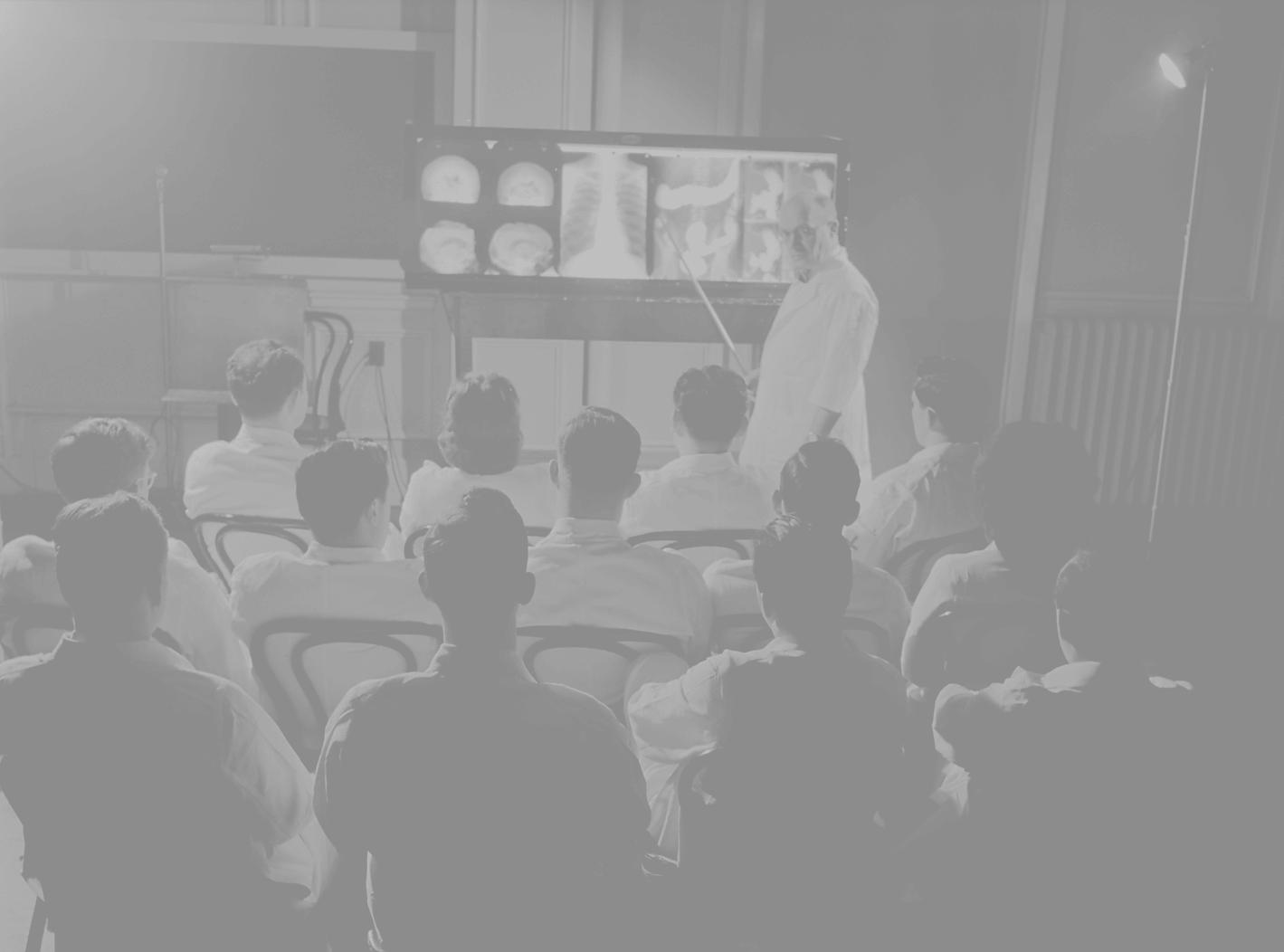
1948
The World Medical Association drafts a version of the Hippocratic oath called the Declaration of Geneva.
The W.M.A. publishes updated versions in 1968, 1983, 1994, 2005, and 2006.
1964
Dr. Louis Lasagna, the Academic Dean of Tufts University School of Medicine, drafts a modern version of the Hippocratic oath many United States medical schools use for the next four decades.
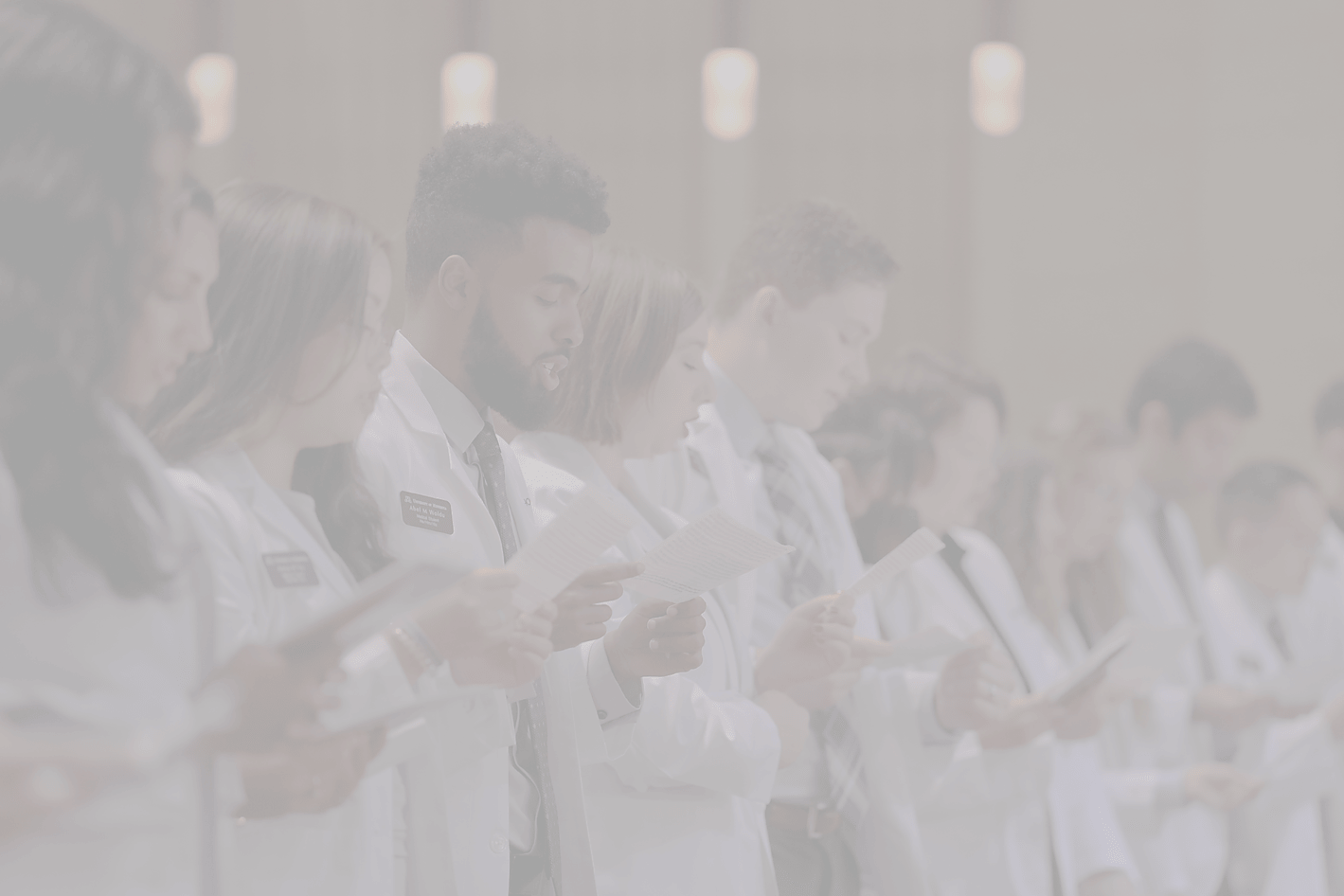
1993
Columbia University College of Physicians and Surgeons becomes the first medical school to hold a “white coat ceremony” for students beginning their medical education.
Students, donning the physician’s white coat for the first time, take the oath during this welcoming ceremony instead of at graduation.
Many other medical schools later adopt this ritual.
2015
A survey of 111 medical schools in the United States and Canada finds that 80 had students recite oaths at graduation and 72 had white coat oaths.
The 2015 survey finds that more than half of the schools no longer hewed to the Lasagna or Geneva versions of the oath that were popular since the end of World War II.
Today
Many medical schools draft their unique versions of the oath, which faculty committees sometimes write. Frequently student class representatives compose the oaths.
For example, the University of Pittsburgh School of Medicine created its version of the oath in 1883 and, in 2020, updated it for the first time.
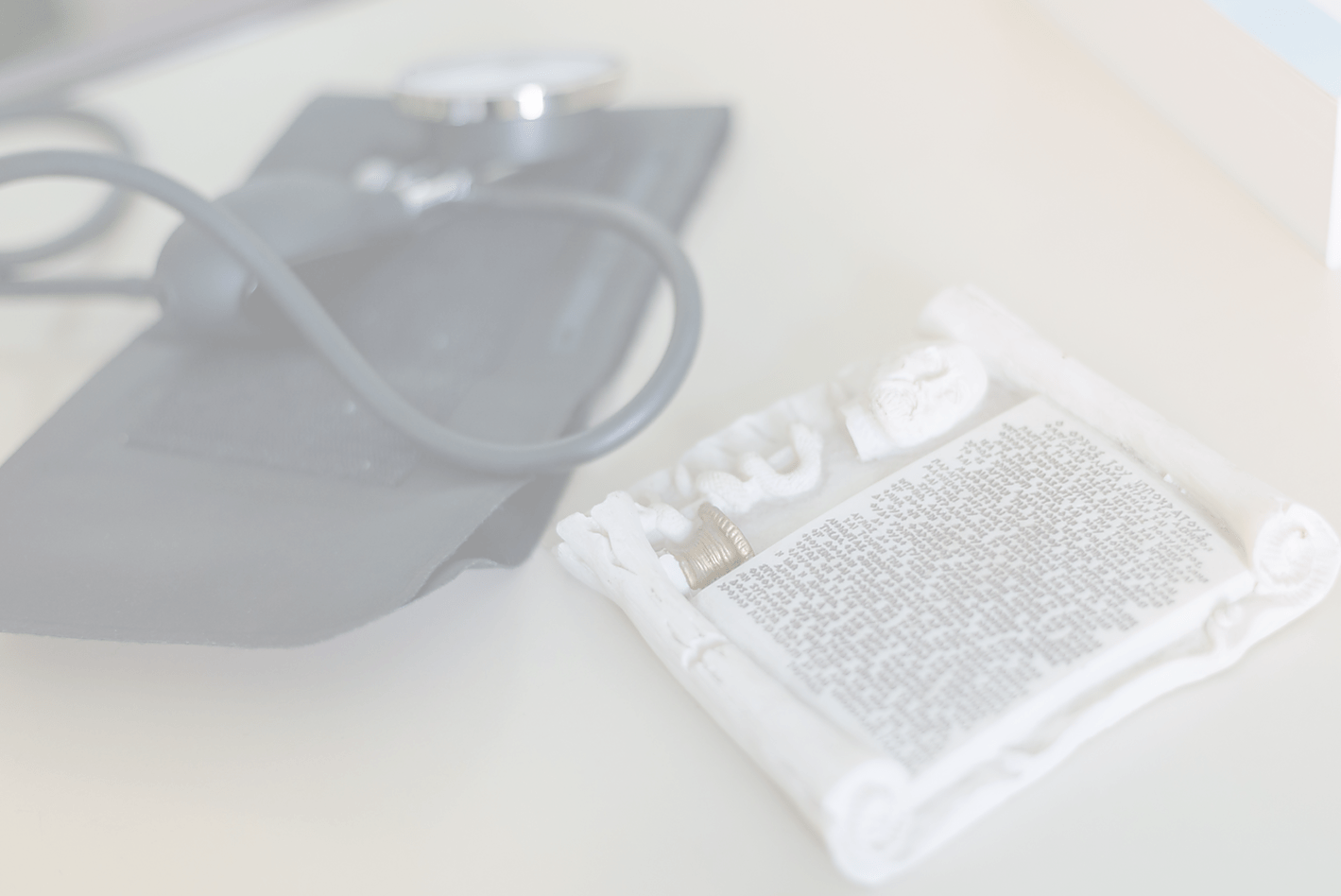
They still retain a few elements of the more traditional oaths, notably pledges to respect patient privacy, avoid harm, and defend the profession’s uprightness.
Yet no oath, including the oath of Hippocrates, makes more than a passing mention of
respecting patients’ rights
as sovereign autonomous adults.
The following is the 5th century B.C.
Oath of Hippocrates of Kos,
translated from ancient Greek:
The Original Hippocratic Oath
Medical school administrators willing to depart from tradition and accept new proposals should consider the following oath that prioritizes the autonomy and rights of individual patients.
A new oath
for the medical profession:
Recommended Oath
[UNMUTE FOR NARRATION BY SALLIE JAMES]

Medical school administrators should ask students to recite an oath that correctly reveres
patients’ rights and autonomy.
